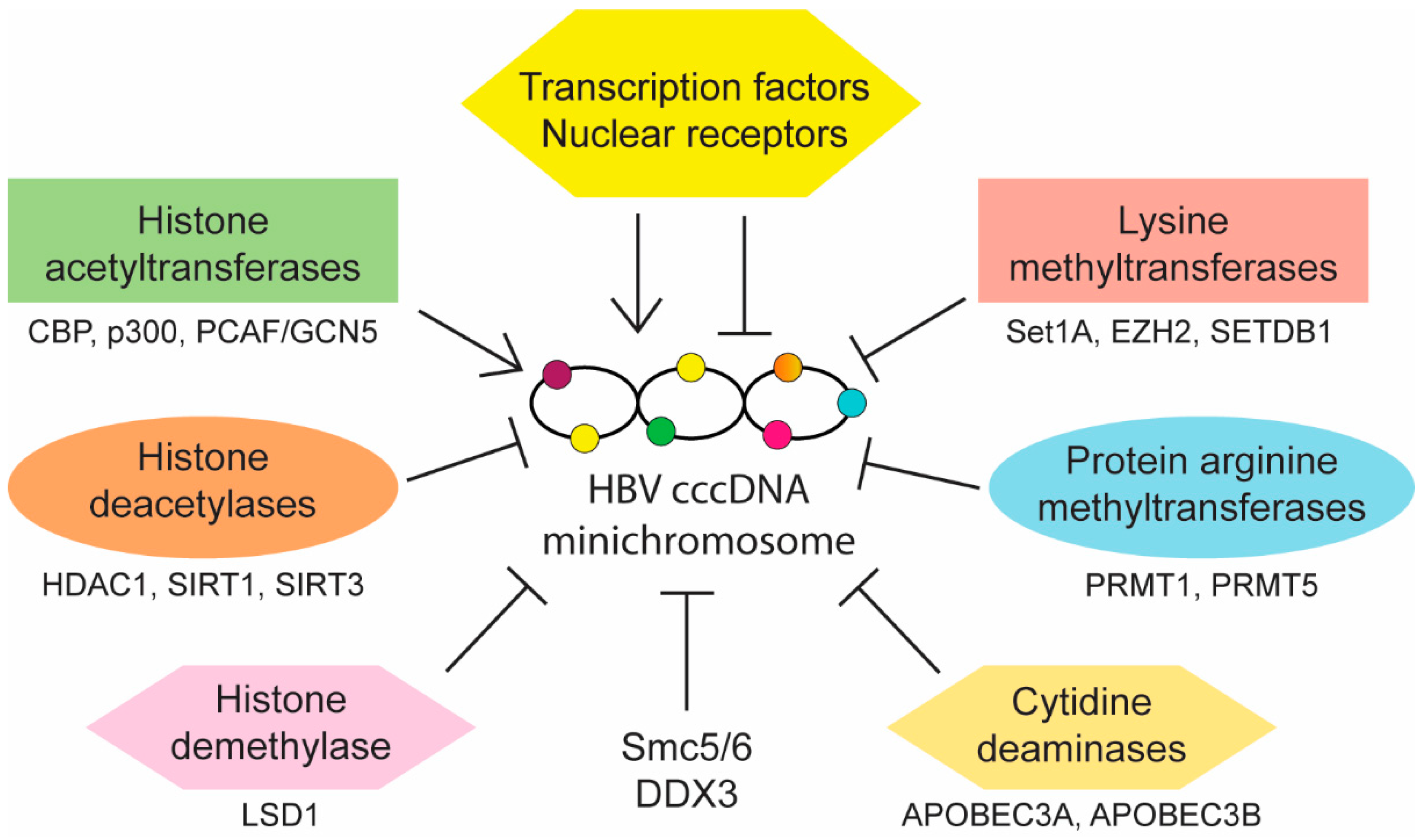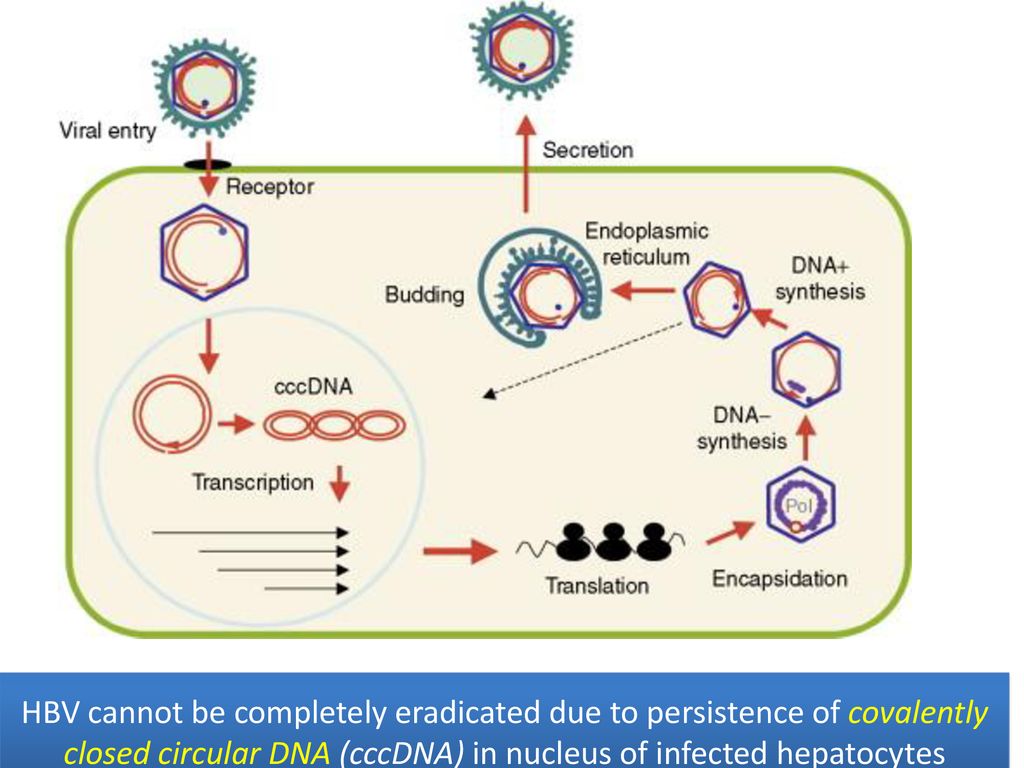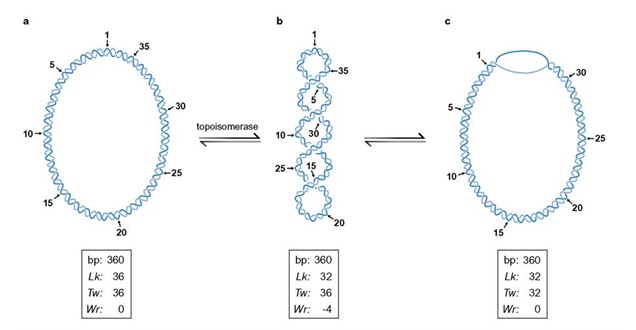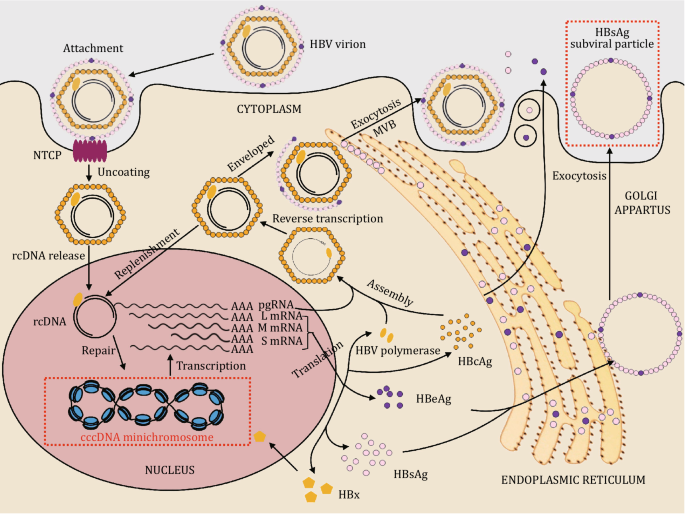
Epigenetic regulation of covalently closed circular DNA minichromosome in hepatitis B virus infection | SpringerLink

Antiviral strategies to eliminate hepatitis B virus covalently closed circular DNA (cccDNA) - ScienceDirect
Over-gap PCR amplification to identify presence of replication-competent HBV DNA from integrated HBV DNA: An updated occult HBV

The hepatitis B virus genome and the covalently closed circular DNA... | Download Scientific Diagram

Serum hepatitis B core-related antigen (HBcrAg) correlates with covalently closed circular DNA transcriptional activity in chronic hepatitis B patients - ScienceDirect
PLOS ONE: Association of Hepatitis B Virus Covalently Closed Circular DNA and Human APOBEC3B in Hepatitis B Virus-Related Hepatocellular Carcinoma

PDF) Generation of Covalently Closed Circular DNA of Hepatitis B Viruses via Intracellular Recycling Is Regulated in a Virus Specific Manner

What, if any, is the difference between covalently closed circular DNA and plasmids? - Biology Stack Exchange

Quantification and epigenetic evaluation of the residual pool of hepatitis B covalently closed circular DNA in long-term nucleoside analogue-treated patients | Scientific Reports

Reduction of covalently closed circular DNA with long-term nucleos(t)ide analogue treatment in chronic hepatitis B - Journal of Hepatology
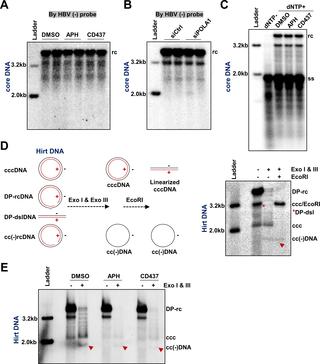
DNA Polymerase alpha is essential for intracellular amplification of hepatitis B virus covalently closed circular DNA,PLoS Pathogens - X-MOL
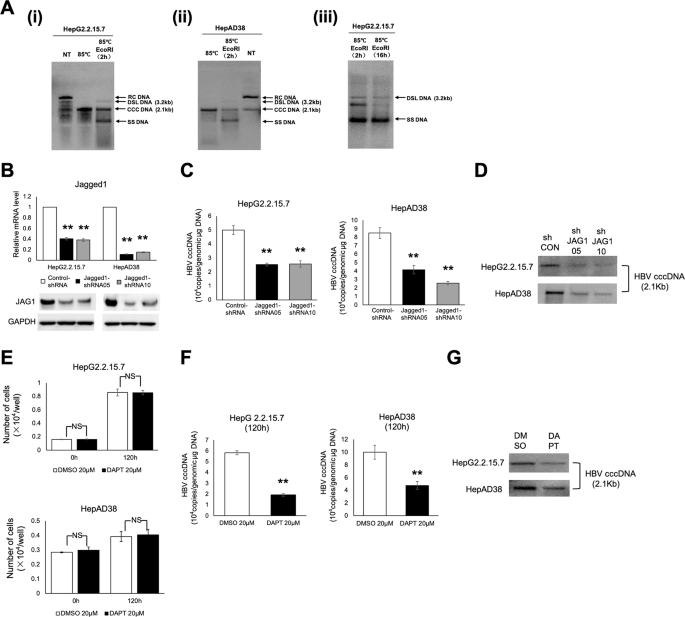
Notch signaling facilitates hepatitis B virus covalently closed circular DNA transcription via cAMP response element-binding protein with E3 ubiquitin ligase-modulation | Scientific Reports

Formation of Hepatitis B Virus Covalently Closed Circular DNA: Removal of Genome-Linked Protein | Journal of Virology

The hepatitis B virus genome and the covalently closed circular DNA... | Download Scientific Diagram
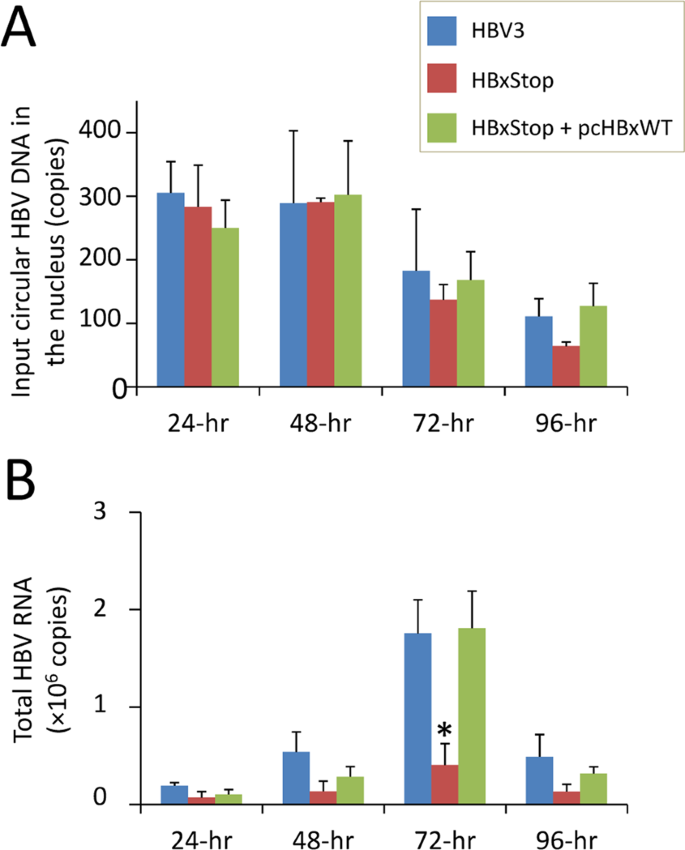
HBV X protein mutations affect HBV transcription and association of histone-modifying enzymes with covalently closed circular DNA | Scientific Reports

Formation of covalently closed circular DNA (cccDNA) in the hepatitis B... | Download Scientific Diagram

